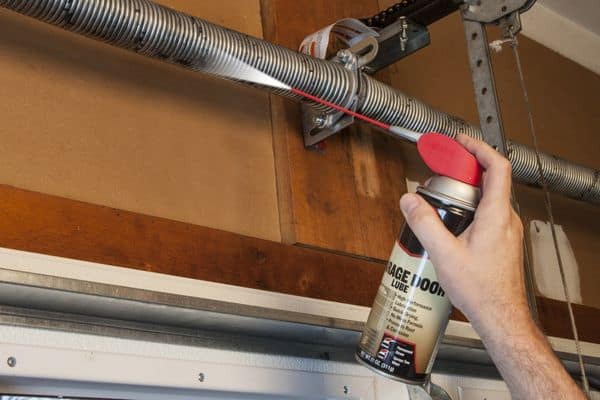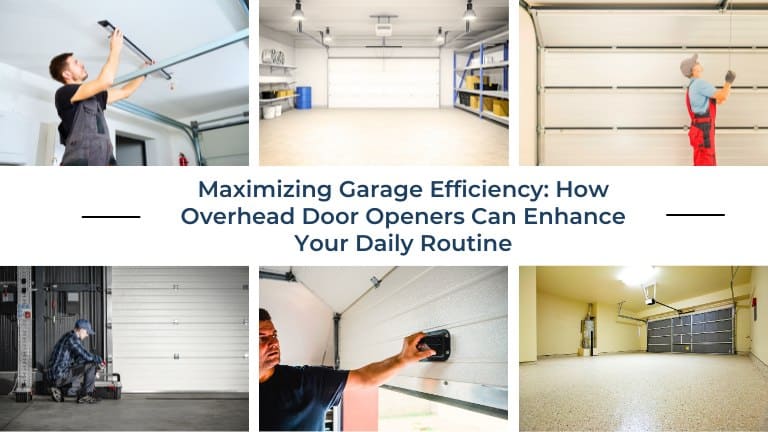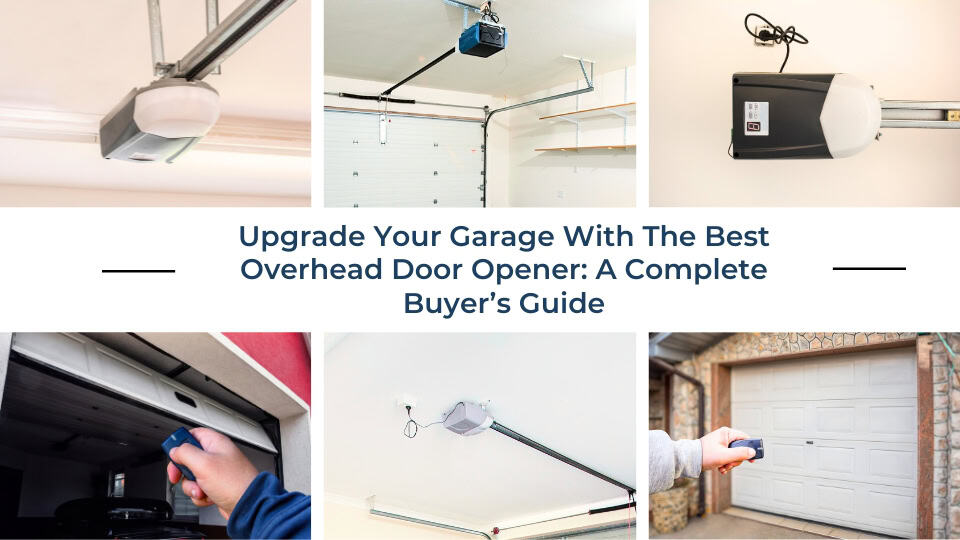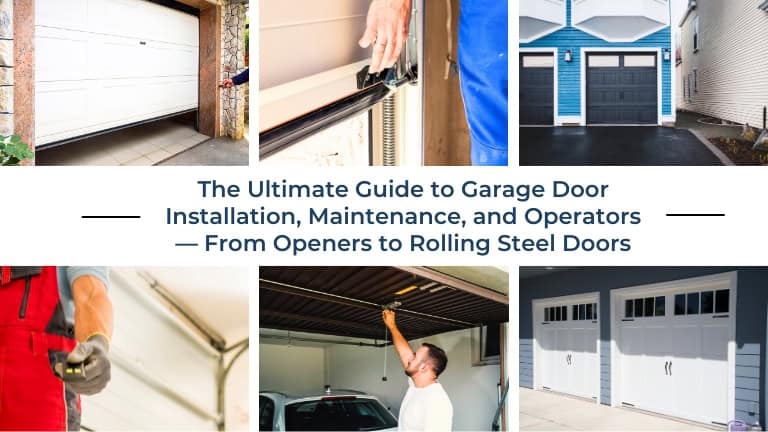Older, noisier components and degradation over time will cause your garage door to gradually get noisier. If you are annoyed at the squeaking and squawking sounds your door makes when it’s in operation you can do a few things yourself to reduce this. If that fails or you are not comfortable making some minor adjustments to your door opener system, feel free to give us a call and we can have a service technician take a look.
Contents
ToggleExamine
Examine the door and track hardware. Replace any nuts and bolts that are worn out due to wear and tear. Tighten any that have loosened up over time. Be careful not to over-tighten.
Lubricate Hardware
Hinges and torsion springs can generate a lot of noise when they have not been regularly lubricated. Lubricate all moving metal parts including hinges, rollers, tracks and springs. It is highly recommended to use a garage door lubricant spray as it penetrates the moving parts and does not attract dust.
Check Tracks and Rollers
The rollers should easily roll through the tracks,¦not slide. If you have some rollers that are worn out and not rolling properly, they should be replaced. Newer nylon rollers are quieter than older steel rollers. You can call us and have a service tech do this (highly recommended) or you can unbolt the roller/hinge from the door and tilt out the roller, replacing it with a new one. Also check for proper track alignment.
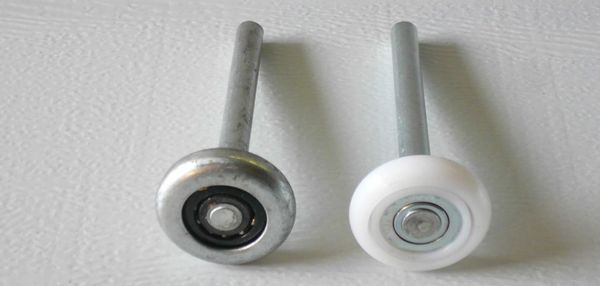
Lubricate Chain
If you have a chain-drive door opener, check that the chain is taut and lubricate with spray lubrication as needed. If you have a belt-drive opener, it does not require lubrication.
Isolate Noise
Noise will transfer from the opener into the home (mechanical vibration). If you’re not quite ready to replace an old opener, you can isolate this vibration by adding rubber spacers between the motor and the metal braces which attach to the ceiling.
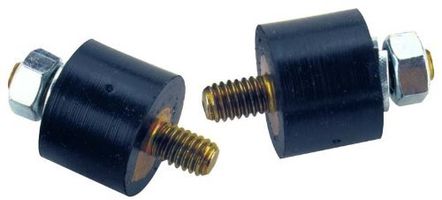
If you have any questions about making your garage door opener quieter or safer, please contact us!

